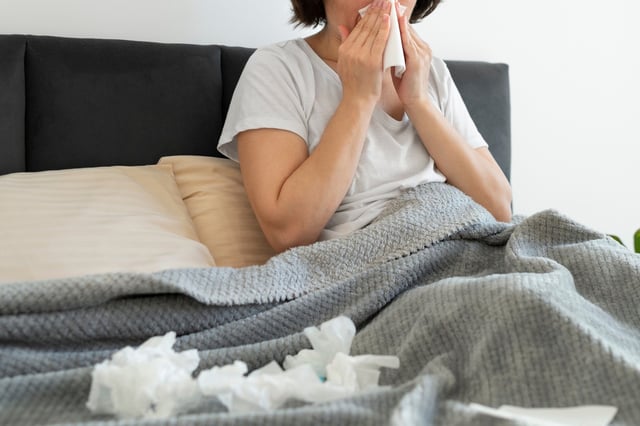Overview
- Researchers at National Jewish Health report that recent rhinovirus infection correlated with lower subsequent SARS-CoV-2 infection risk, especially in children.
- The peer-reviewed analysis, published August 11 in The Journal of Infectious Diseases, draws on the nationwide HEROS study.
- More than 4,100 participants across 1,394 U.S. households provided thousands of self-collected nasal swabs from May 2020 to February 2021 for testing against multiple respiratory viruses.
- Airway gene-expression data showed higher baseline interferon-related activity in children compared with adults, consistent with transient antiviral priming.
- The team describes this as the first prospective evidence of heterologous viral interference involving SARS-CoV-2 and cautions against intentionally seeking colds.
